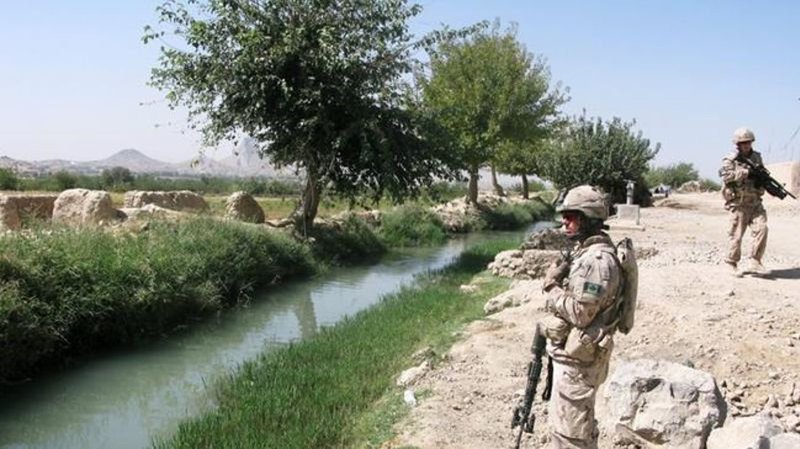
Terrified of the Taliban, families of Canada’s Afghan advisers plead for help
OTTAWA — The threats started with phone calls in 2011 to her home in Kandahar.
The mother of six had no idea her Canadian brother was working so close by, just 10 or 15 kilometres away, until the Taliban told her.
“Your brother is working for foreigners and your life is at risk because your brother works with foreigners,” she recalls the insurgents telling her in that first frightening phone call.
Her 25-year-old brother, who was given the code name “Sam” by the Canadian military, was in Afghanistan in secret to help Canadian troops navigate the unfamiliar cultural landscape and give advice to the commanders on the ground.
